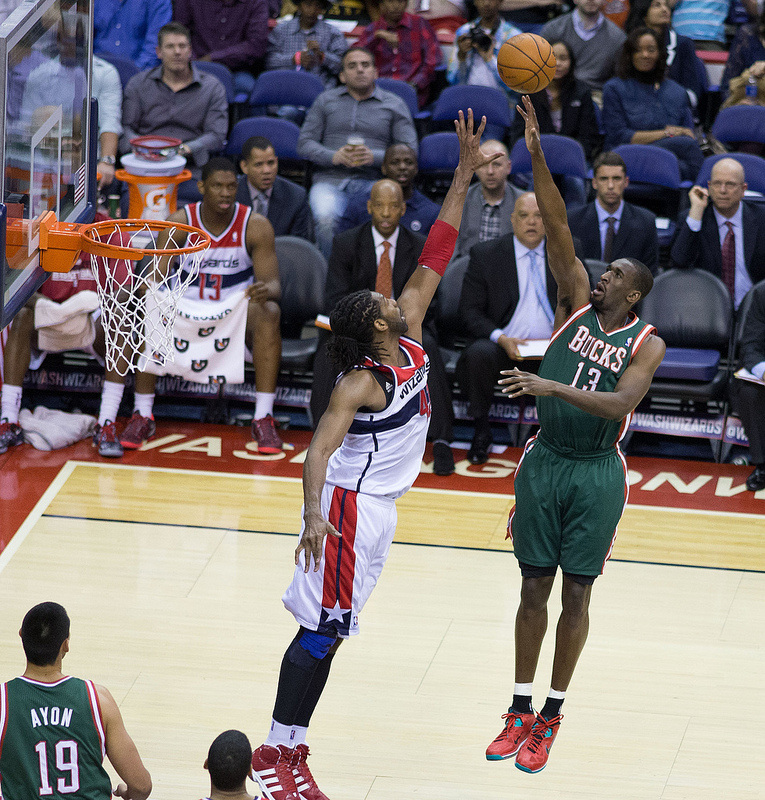| One hundred years ago Thursday, the Salt Lake Telegram welcomed 1915 but cautioned that whether it was a big year in the city, “all depends on baseball success.” Forget about that war in Europe. The city was trying to get a team in the Pacific Coast League, for heaven’s sake, and it all depended on the city’s wealthy people subscribing generously for stock in the team. The effort, the paper assured its readers “is vital to the city’s future,” and, “If it should fail, there would be no cause for boasting about this city’s reputation when 1915 had gone very far.” New Years can make people unreasonably giddy. Ours obviously is not the first generation to overstate the importance of bragging rights related |
| | to sports teams. And theirs obviously was not the first generation to screw up predictions of what is or isn’t important in the future; although, to be fair, 24-hour sports channels hadn’t been invented yet a century ago. In any event, this is what happens when you move forward with backward views. The trick is in identifying which views truly are backward. Which leads me to a New Year’s warning as I peer through my crystal ball into 2015. Appropriately, it is sports related, and it goes like this: If the NBA succeeds in making it legal to wager money on its games, it would be a bad thing for the league, the sport and, to some extent, Utah’s economy. This is a subject that may come as a surprise to some readers. Casual basketball fans may not be aware that NBA commissioner Adam Silver published an op-ed in the New York Times on Nov. 14 strongly urging Congress to revoke the Professional and Amateur Sports Protection Act of 1992. The op-ed raised eyebrows because Congress passed that act at the urging of all major professional sports leagues. They wanted to stem the expansion of sports betting in the United States, which is legal in only four states. Silver didn’t insinuate people today are less inclined to cheat than they were in 1919, when gamblers rigged the World Series. He didn’t even reference his own league’s worst scandal, the 2007 conviction of referee Tim Donaghy for, among other things, making calls that affected point spreads. Silver’s sole argument was that illegal sports betting is rampant — estimated at $400 billion annually — and that we would be better off if it were above-board, monitored, licensed and endowed with geo-blocking technology to make sure you couldn’t use your smart phone to wager on games in places like Salt Lake City, where it would be illegal. In other words, the NBA wants a piece of the action. Oh yes, and he said, “Any new approach must ensure the integrity of the game.” But legalized gambling invites integrity challenges. If you need proof, look at how states with official lotteries use public campaigns through commercials and billboards to urge people — low-income ones, generally — to wager hard-earned cash on the unrealistic dream of striking it rich. Governments are promoting unhealthy behavior to increase revenue. The fear isn’t so much that professional sports games would be rigged; it is that the fundamental nature of the fan experience would change. Imagine yourself in an arena filled with people just as interested in covering a point spread as in cheering for their hometown’s boasting rights. Even if some people already pay attention only to point spreads, bringing that above-board would legitimize it, increase the behavior and rob sports of a measure of its innocence. It’s easy to overstate a team’s value to an economy, but the Jazz play a unique role in a community that otherwise doesn’t get much attention. It’s also a community that, generally speaking, wants to keep gambling away from its borders. I won’t go so far as to echo a century-old warning about what is “vital to the city’s future.” Salt Lake City got that team 100 years ago, and it is now mostly forgotten. But there are plenty of reasons to see that, if Silver gets his way, it would be a step backward for the game and the cities that host teams. |


 RSS Feed
RSS Feed

